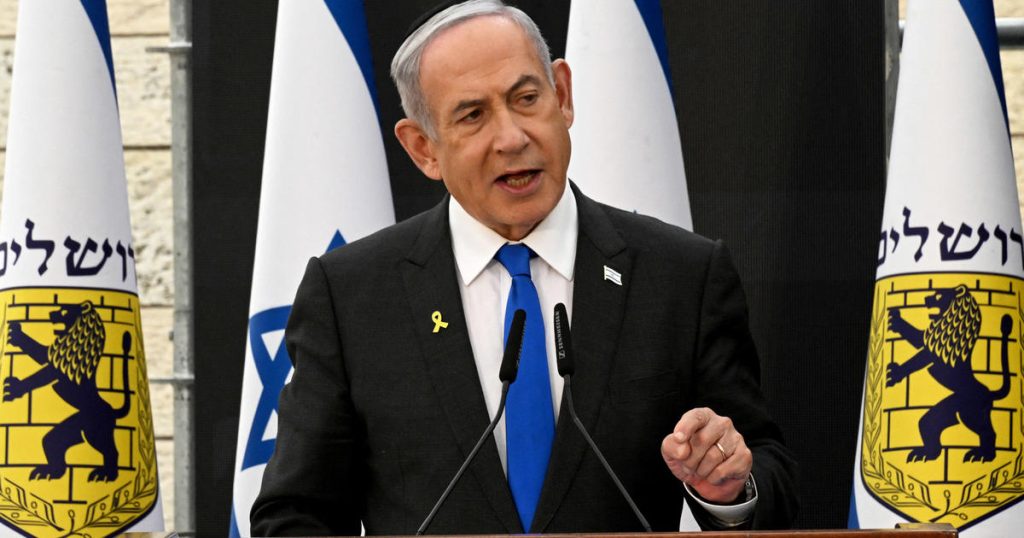Israeli Prime Minister Benjamin Netanyahu is set to address a joint meeting of Congress on July 24, according to Republican congressional leaders. The address aims to symbolize the enduring relationship between the U.S. and Israel and provide Netanyahu with the opportunity to share Israel’s vision for defending democracy, combating terror, and establishing peace in the region. The invitation to Netanyahu was formally extended last week by top leaders of the House and Senate, with the proposed date causing brief confusion due to conflicting with a Jewish holiday.
The decision to invite Netanyahu has sparked deep political divides in the U.S., particularly regarding the war between Israel and Hamas. While Republicans have shown strong support for Netanyahu, Democrats have been divided on providing more support to Israel. Sen. Bernie Sanders, in particular, has called Netanyahu a “war criminal” and announced that he would boycott the address. He has criticized Israel for its actions against the Palestinian people and accused them of violating international law. Other Democrats, such as Rep. Alexandria Ocasio-Cortez, have also questioned the productivity of Netanyahu addressing Congress and indicated they may not attend the speech.
Despite Democratic opposition, House Republicans have moved forward with legislation to sanction the International Criminal Court, which is seeking arrest warrants for Netanyahu, other Israeli officials, and Hamas leaders. This move has further exposed divisions within the Democratic party, as some lawmakers oppose the sanctions while others have criticized the ICC’s decision. The White House has also expressed opposition to the proposed sanctions, although it has been critical of the ICC’s actions. Netanyahu’s last address to a joint meeting of Congress in 2015 focused on convincing lawmakers to reject negotiations between the Obama administration and Iran over the nuclear program.
Overall, Netanyahu’s upcoming address to Congress highlights the ongoing tensions surrounding the conflict between Israel and Hamas, as well as the differing views within the U.S. political landscape. While Republicans show unwavering support for Netanyahu, Democrats are split on their stance towards Israel and the war in the region. The address is expected to provide Netanyahu with a platform to share his government’s perspective on the situation and further deepen the discussion on U.S.-Israel relations and the broader Middle East peace process.


